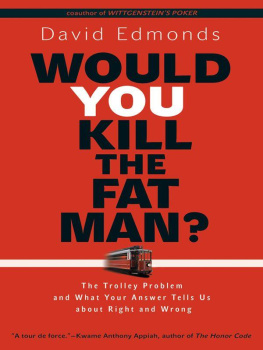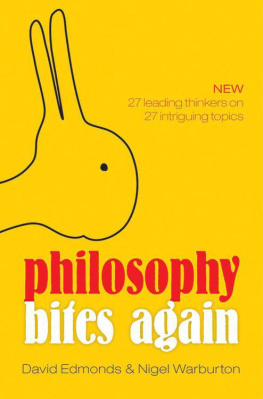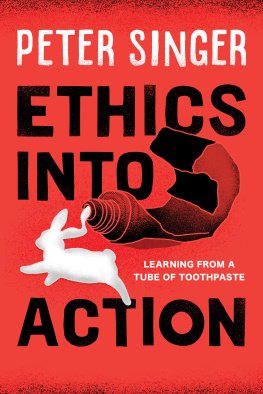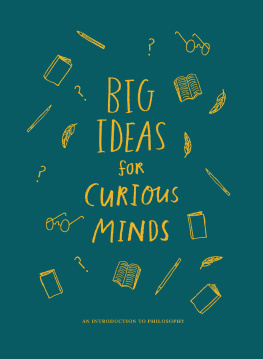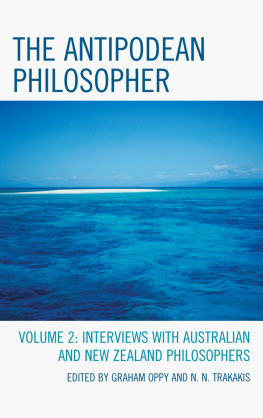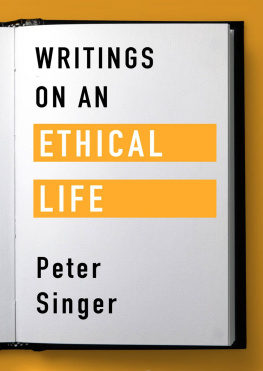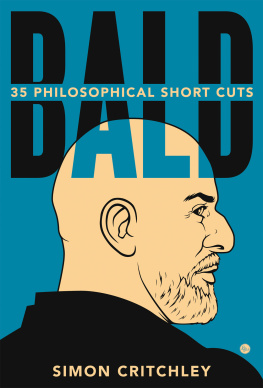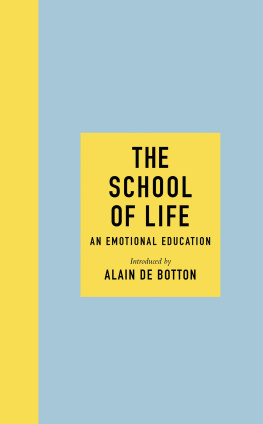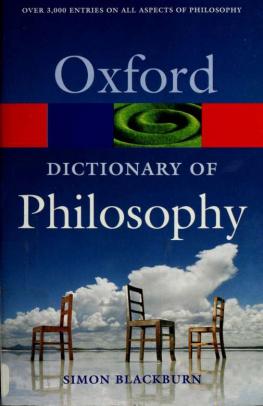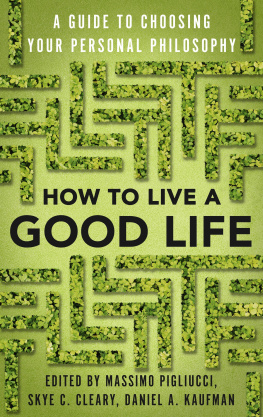PHILOSOPHY BITES

PHILOSOPHY BITES
DAVID EDMONDS &
NIGEL WARBURTON


Great Clarendon Street, Oxford OX2 6DP
Oxford University Press is a department of the University of Oxford.
It furthers the Universitys objective of excellence in research, scholarship,
and education by publishing worldwide in
Oxford New York
Auckland Cape Town Dar es Salaam Hong Kong Karachi
Kuala Lumpur Madrid Melbourne Mexico City Nairobi
New Delhi Shanghai Taipei Toronto
With offices in
Argentina Austria Brazil Chile Czech Republic France Greece
Guatemala Hungary Italy Japan Poland Portugal Singapore
South Korea Switzerland Thailand Turkey Ukraine Vietnam
Oxford is a registered trade mark of Oxford University Press
in the UK and in certain other countries
Published in the United States
by Oxford University Press Inc., New York
David Edmonds and Nigel Warburton 2010
The moral rights of the author have been asserted
Database right Oxford University Press (maker)
First published 2010
All rights reserved. No part of this publication may be reproduced,
stored in a retrieval system, or transmitted, in any form or by any means,
without the prior permission in writing of Oxford University Press,
or as expressly permitted by law, or under terms agreed with the appropriate
reprographics rights organization. Enquiries concerning reproduction
outside the scope of the above should be sent to the Rights Department,
Oxford University Press, at the address above
You must not circulate this book in any other binding or cover
and you must impose the same condition on any acquirer
British Library Cataloguing in Publication Data
Data available
Library of Congress Cataloging in Publication Data
Data available
Typeset by SPI Publisher Services, Pondicherry, India
Printed in Great Britain
on acid-free paper by
Clays Ltd., St Ives plc
ISBN 9780199576326
1 3 5 7 9 10 8 6 4 2
To Liz, and to Anna
PREFACE
This book began as a series of podcast audio interviews. We have selectedwith some difficultytwenty-five of these to include here from a total of well over a hundred. In the first three years of the podcast weve had over 7 million downloads, fan-mail from all over the world, and many requests for transcriptshence the book.
One distinguished philosopher whom we asked for an interview turned us down because he disapproved of the Internet. But happily he proved a rare exception. For the most part those weve approached have been remarkably cooperative and supportive. For us, one of the principal benefits of running Philosophy Bites has been our free weekly seminar. So our first debt is to our interviewees, and not just those who feature in this book, but all the philosophers whove succumbed to our gentle interrogations. It has been a privilege for us to meet so many interesting and significant thinkers.
Our second debt is to our listeners. Weve had an amazing amount of feedbackemails of support every day, often with recommendations for whom we should interview next. This has been very gratifying.
For this volume, the interviews with Peter Singer and with Michael Sandel were originally recorded for the Open Universitys podcast series Ethics Bites (www.open2.net/ethicsbites) and we are grateful for permission to reproduce them here.
Several of the interviews were recorded in the Institute of Philosophy, London, and we are very grateful for their collaboration with that.
Thanks to Hannah Edmonds, whose former life as a proof-reader/editor has been exploited once again. And thanks too to our agents Veronique Baxter and Caroline Dawnay.
David Edmonds and Nigel Warburton
www.philosophybites.com
CONTENTS
INTRODUCTION
Philosophy began as dialogue. Socrates famously would write nothing down. He just quizzed his contemporaries in the marketplace on the topics they felt most certain about. Without exception he showed that their certainty was misplaced. Fortunately Plato reconstructed his conversations.
Of course, the fact that philosophy had its roots in dialogue doesnt mean that it should always be interactive in that way. Most of the great philosophers in history have presented their ideas to the world in the form of books, long monologues typically. This is still true today. What a dialogue can offer, though, is explanation. The questioner can stop the flow and seek clarification, or throw in an apparent counter-example so as better to understand what the other person means. The spirit of philosophy is at its most apparent in conversationthe probing, the teasing out of opinions, the search for reasons and justifications.
Professional philosophers spend a great deal of their time talking to each other, and to their students. But the wider public doesnt have access to these discussions. Part of our mission is to show what an exciting subject philosophy can be, to convey the enthusiasm for ideas that can be hard to communicate in a book-length tract.
Each interview focuses on a single topic and is deliberately short and to the pointbite-sized. Philosophy need not be obscure, and it shouldnt be inaccessible. Nor need the communication of its ideas be Philosophy Lite. Often the most brilliant philosophers are also those most willing and able to convey their thoughts to an intelligent non-specialist audience.
One of the more gratifying aspects of this project has been the encouragement and support we have received, with numerous listeners telling us how important thinking about philosophical issues is for them. Many people prefer reading to listening. Or if they have listened to something, they like to be able to go back to it in written form and locate key ideas. Many people like a book on their shelf too, or an e-book on their e-book reader. But a verbatim transcript of a spoken interview wont necessarily preserve the meaning. Consequently, we have asked contributors to revise their interviews slightly so that they can stand alone on the page. We have also given some indications of further reading on each topic.
Philosophy is an unusual subject in that its practitioners dont agree what its about. The first section of the bookWhat is Philosophy?puzzled and amused us. When we started asking interviewees for a definition of their discipline, no two answers came back the same. One interviewee just laughed. Although there are common themes, some of the answers are radically different. We felt that this overlapping diversity of opinion was worth preserving and reproduce it here.
The Philosophy Bites podcasts are ongoing. For this book we have selected interviews on particular topics in philosophy. For a later one we will focus on interviews about great philosophers. All our podcast interviews are available free from www.philosophybites.com, where there is also a link to an email address.
WHAT IS PHILOSOPHY?
We asked a range of our interviewees for our Philosophy Bites podcast the simple question What is Philosophy? They had no warning of the question. Their answers surprised us. The combination of perspectives was illuminating. Here they are in alphabetical order.
Marilyn Adams:Philosophy is thinking really hard about the most important questions and trying to bring analytic clarity both to the questions and the answers
Next page

